
Clinical Care Services
Supporting safety.
Nurturing strength.
At Juliette's House, children who have experienced abuse, neglect, or witnessed violence come to receive care and support. Our team, including healthcare, mental health, law enforcement, child protection, and family advocacy professionals, provides medical exams and interviews in a safe, child-friendly space. Caregivers leave with guidance to support their child's path to healing, minimizing trauma and focusing on the child's well-being.
-

When You Arrive
Our comfortable, private waiting area with attached playroom is designed to be secure and welcoming spaces for you and your family. You will be offered coffee, tea, and snacks during your time at Juliette’s House; and before the evaluation starts, you and your child will have the process explained by the evaluation team: the medical provider, forensic interviewer, and family advocate.
-

The Child-Friendly Interview
Specially trained interviewers provide developmentally appropriate interviews for children and adolescents in a safe and neutral environment. The interviews are digitally recorded and are often observed by child protective services and law enforcement. This process minimizes the trauma of duplicative interviews for youth. They can take a break or end the interview at any time.
-

The Medical Exam
Children and adolescents are offered a comprehensive head-to-toe physical exam aimed at evaluating a youth’s health and well-being. The exam is conducted by a medical provider with specialized training. The youth are in control of the medical exam, and we encourage them to feel empowered to make their own decisions about their level of participation.
-

What Happens Next
Our family advocates can help you understand how this experience will impact your child and what you as a caregiver can do to help your child cope and recover. Our advocates have specialized training to offer emotional support, education, and referrals to additional resources in the community for ongoing services.
Meet Mac!
Juliette’s House has a facility dog, MacDougal “Mac,” from Assistance Dogs Northwest, who provides comfort to children and teens during interviews and exams. Specially trained to calm in stressful situations, Mac was chosen for his gentle demeanor and love of children. Studies show that dogs can reduce blood pressure and heart rate, and Mac brings these benefits here, knowing 90 cues to help him connect. Please note that Mac may not always be available, so consider this when discussing him with your child before the visit.

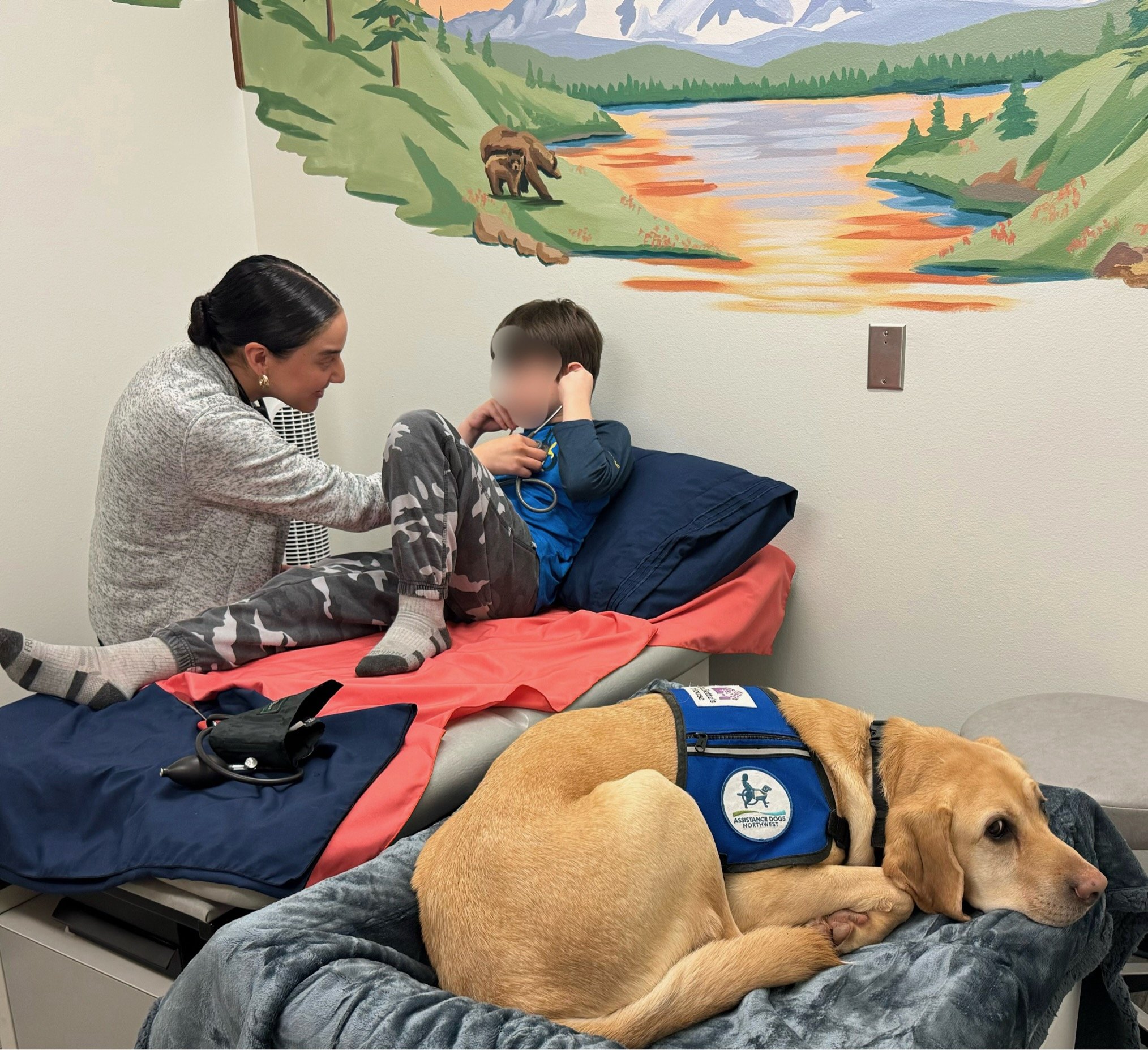
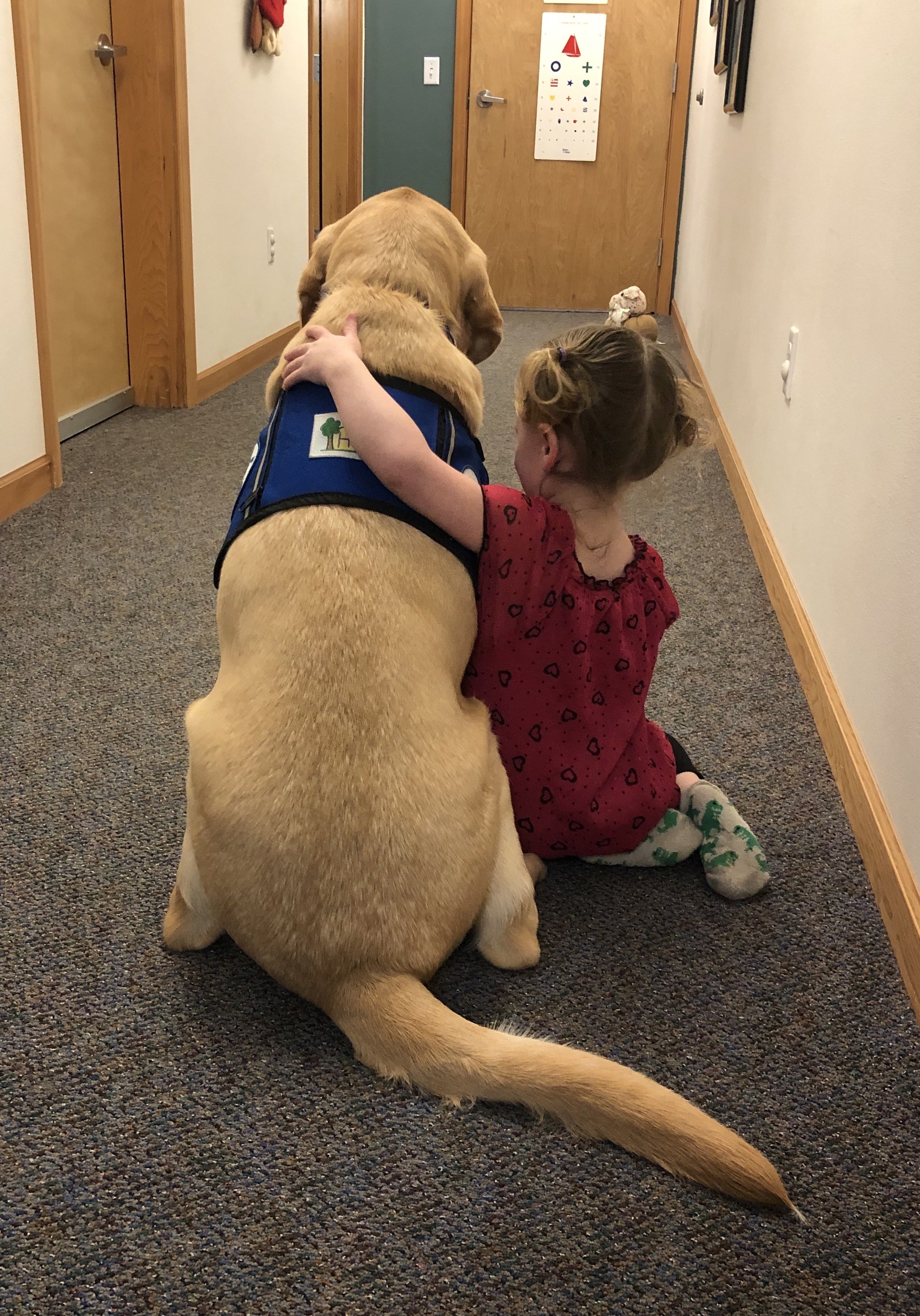

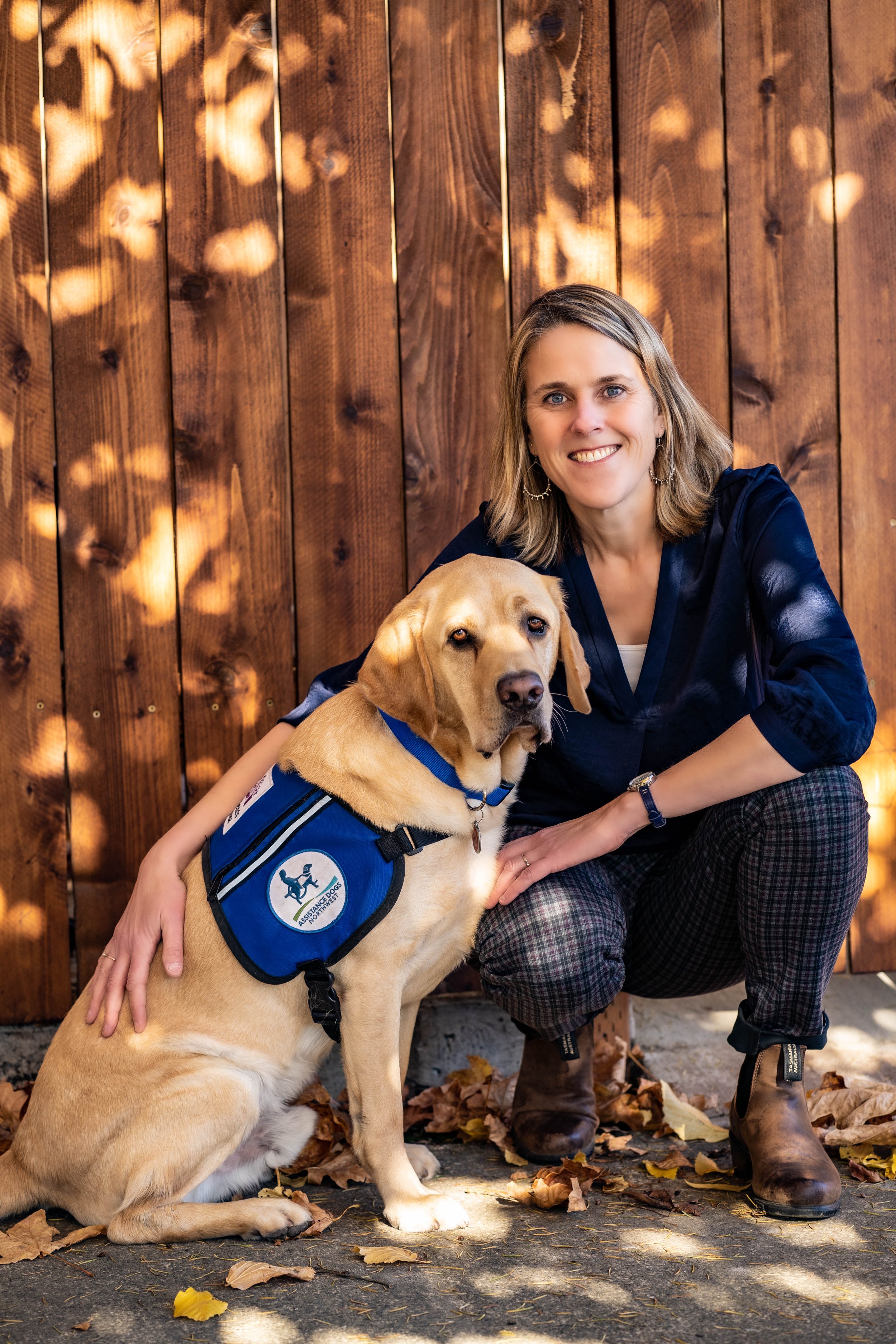



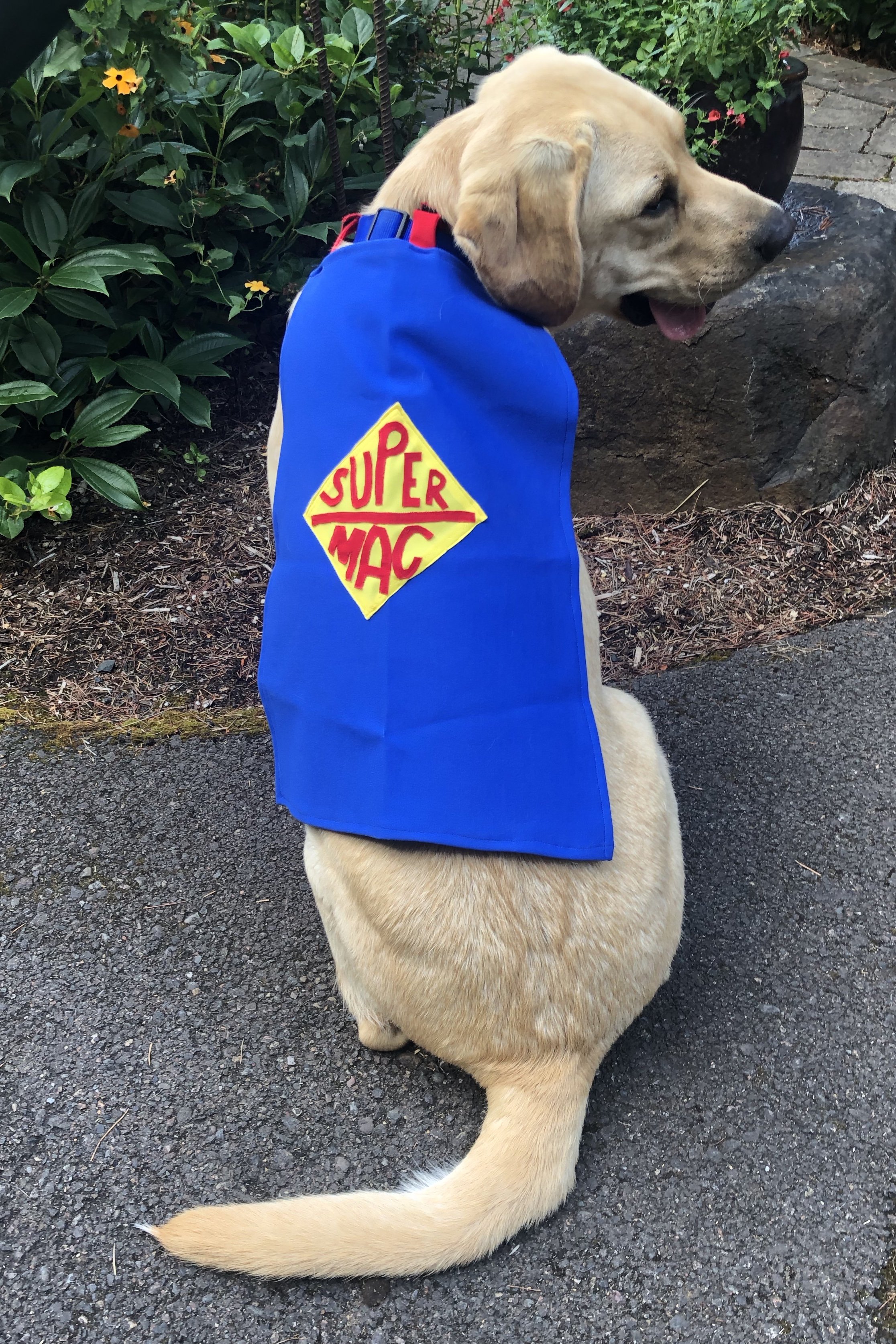

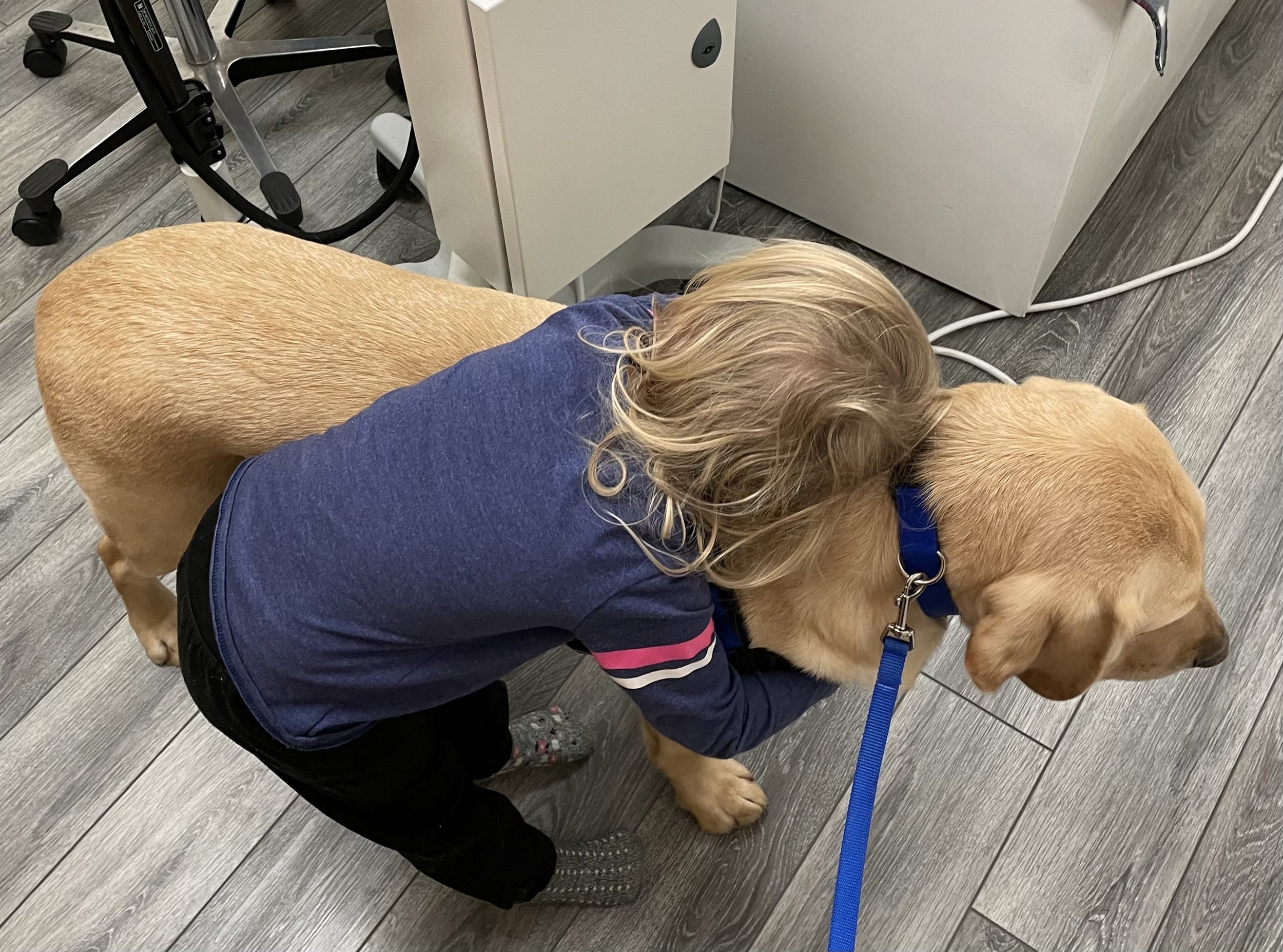
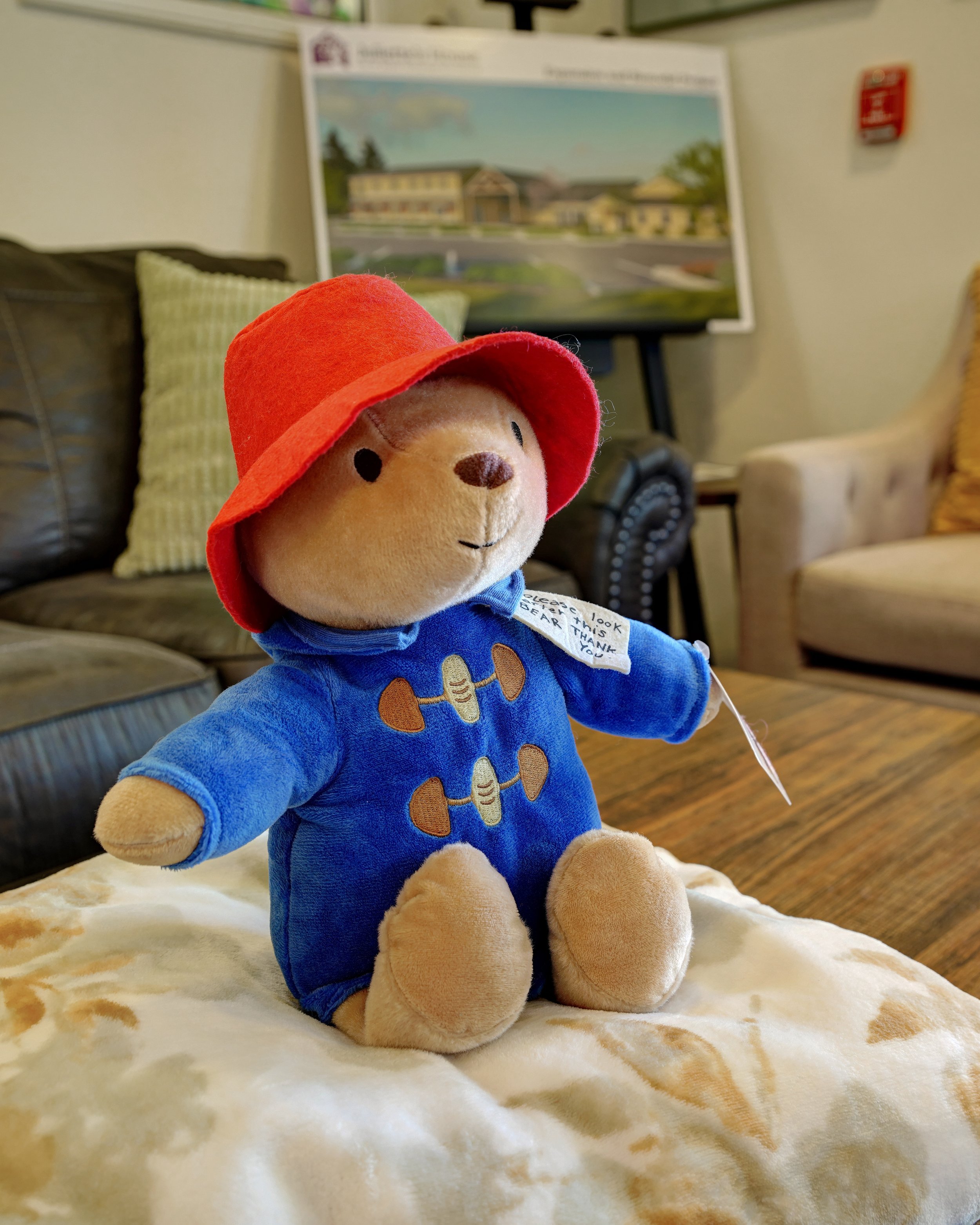
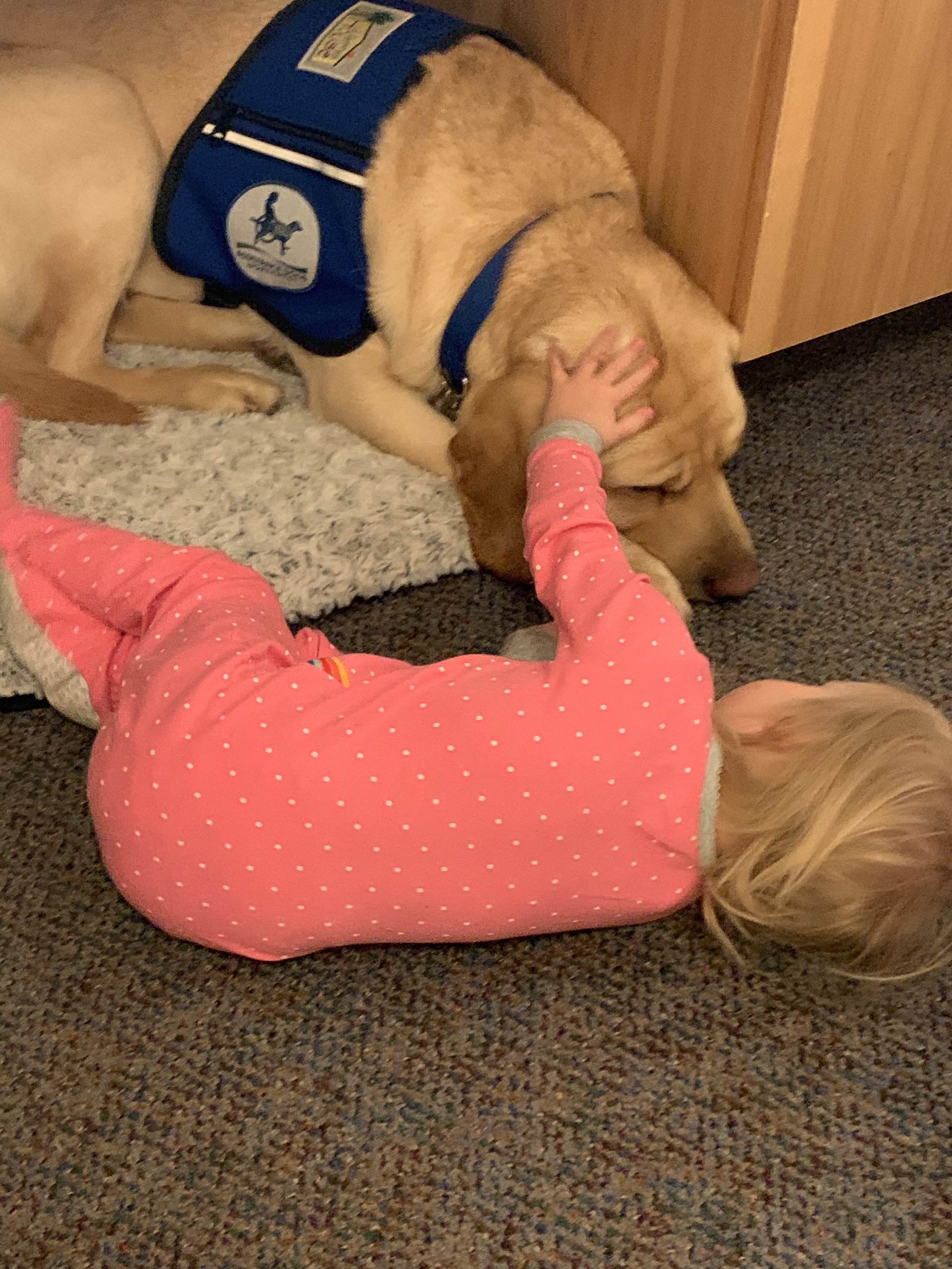
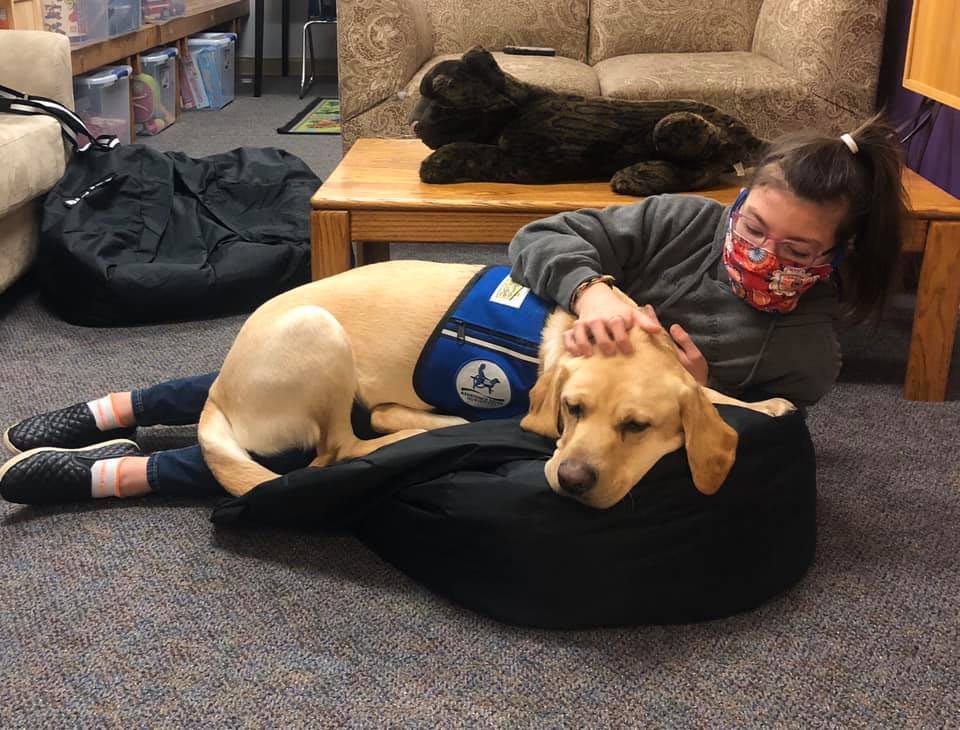


Need more information or resources?
For information about assessments:
Becki Pehan | Clinical Services Intake Specialist
503-687-1314
becki@julietteshouse.org or intake@julietteshouse.org
For information on resources:
Stacey Ruiz | Family Advocate
971-261-2885
stacey.ruiz@julietteshouse.org
OR
Camilla Sumner | Family Advocate & Internship Coordinator
503-687-1315
camilla@julietteshouse.org

